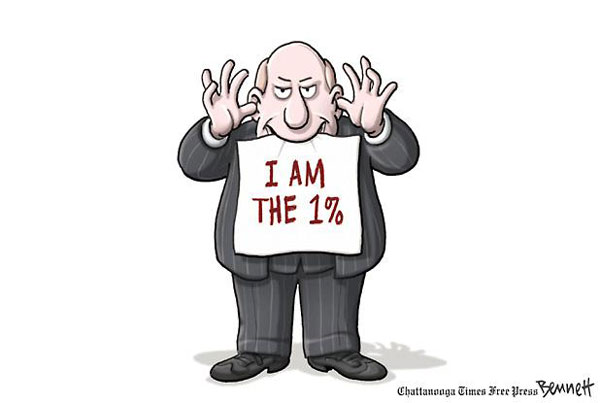
From the abstract:
Harvard economist Gregory Mankiw defends the high earnings of the top one percent in the U.S. with a theory of just deserts, claiming that the rich contribute more to society than others do. This essay disputes the theoretical underpinnings of his argument, which rest on neoclassical economic theories of marginal productivity and human capital. These theories reinforce a psychological bias known as “belief in a just world” and their undue influence extends to recent discussions of rent seeking behavior that lead to distinctly unjust deserts. Emphasis on examples of bad behavior or efforts to game the system can deflect attention from more profound forms of distributional conflict. Differences in bargaining power based on citizenship, class, race/ethnicity and gender exert a significant—and unfair—influence on labor market outcomes.
Read rest here
